The objective of achieving Yili's 'carbon neutrality' is a key driver for the development of environmentally-friendly packaging. This also responds to growing consumer demand for their environmental concerns. Therefore, Yili is committed to researching and developing sustainable packaging solutions and actively applying these new packaging solutions to products to reduce environmental impact. Yili has also been consistently taking action to educate consumers on packaging recycling through a variety of programs.
Our Innovation Center was established in 2017 and currently employs nearly 30 PhDs and 10 international experts. The Packaging Research Center is equipped with a range of sophisticated analytical instruments and testing apparatus, and is engaged in research into sustainable packaging technologies. This research includes eliminating the use of non-environmentally friendly materials, developing recyclable homogeneous material packaging, reducing the use of petroleum-based plastics, and using biodegradable packaging materials. To date, the Center has obtained over 70 patents and published more than 30 scientific papers. The research outcomes have been successfully applied to the core products of Yili, including the AMBPOMIAL series, Meiyitian series, NOC Xujinhuan series, Jinlingguan series, and Inikin Brewed Tea.
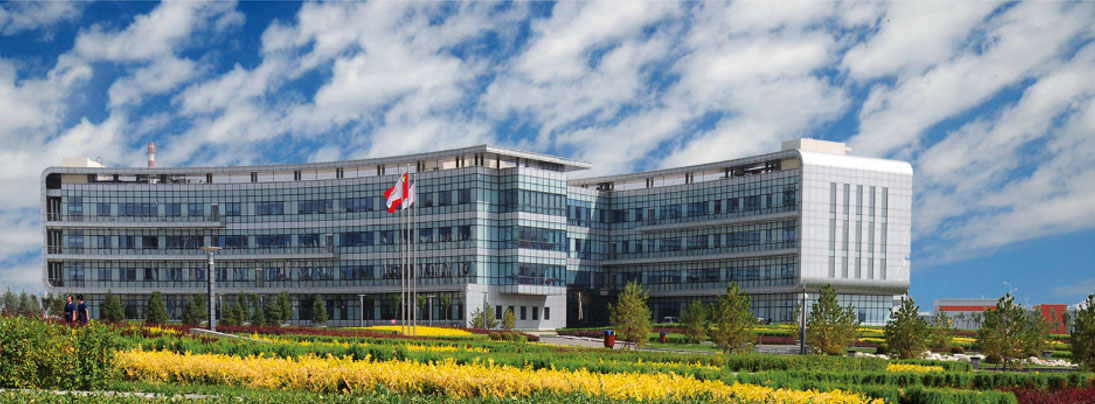
PIQET (Packaging Impact Quick Evaluation Tool) is a branch of SIMAPRO, designed for digital solutions in Life Cycle Assessment (LCA) of product packaging. PIQET is based on the ISO 14040 standard and integrates the Ecoinvent database. In 2021, Packaging Research Center applied PIQET to calculate the carbon emissions throughout the lifecycle of packaging.
The PIQET has been implemented by all product divisions of packaging design processes.
In 2021 January, Yili has launched the 2025 Sustainable Packaging Goals and Roadmap. The Roadmap clarified Yili's requirements for reusability, recyclability and recovery of product packaging, setting relevant targets. The progress has been made by Yili in 2023 as below:
| Categories of Targets | Targets | Progress made in 2023 | Target achievement |
|---|---|---|---|
| Use of Plastics | By 2025,?20,000 tons of petroleum-based plastics will be reduced compared with 2019. | A total of 11,411 tons of petroleum-based plastics has been reduced; and the amount of plastics used in 2023 decreased by 1,414 tons | In progress |
| Design of Packaging | By 2025, over 99% of packaging materials will be recyclable at the design stage. | 98.13% of packaging materials has been recyclable at the design stage | In progress |
| Use of PVC | By 2025, the use of PVC will be eliminated. | The use of PVC has been reduced by 0.07% in 2023 compared with 2022 | In progress |
| Use of EPS | By 2025, the use of EPS will be eliminated. | The use of EPS has been reduced by 23.52% in 2023 compared with 2022 | In progress |
We refuse to use packaging materials that may harm environment or lead to spread of diseases or pests.
We recycle and reprocess used packaging materials for use in non-food contact materials.
We recycle used packaging to avoid discarding reusable materials, thereby reducing waste generation.
We are committed to promoting lightweight packaging by minimizing the use of packaging materials while ensuring all other requirements are met.
We prevent the generation of permanent waste, promote degradation of unrecyclable packaging waste for improving soil through fertilization.
Polylactic acid fiber (PLA) is a bioplastic made from starch-containing agricultural products, such as corn, wheat, and sugar beets.It can degrade into carbon dioxide and water under composting conditions.Following extensive technical validation and safety testing, since 2022, approximately 4 million yogurt products with PLA straws have been produced and used by airlines.
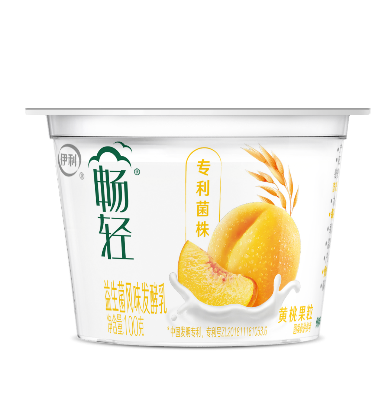
The label-free design of "inkfree volcanic bottle" marks the first time that the industry has applied laser engraving technology to bottled water packaging. Abandoning traditional labels, the packaging of Inikin is made by ink-free laser engraving technology to reduce ink pollution, eliminate the use of label materials and increase the proportion of packaging recycling.
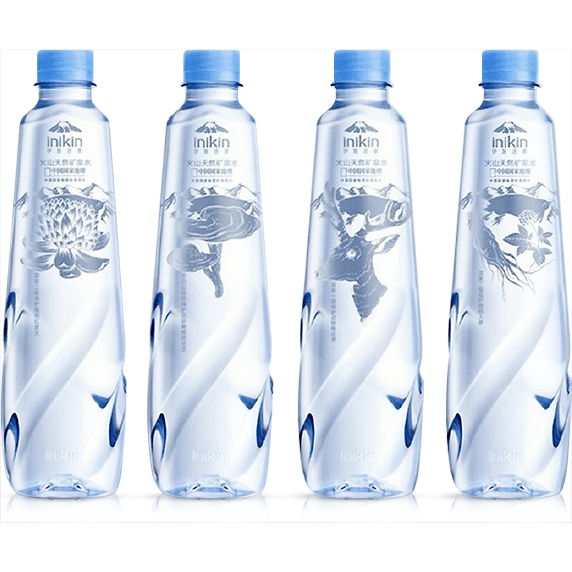
The PLANT SELECTED series represents Yili's sub-brand for the plant-based milk market. The heat shrink labels used for PLANT SELECTED Oat Milk is composed of 50% recycled material (PCR/PIR) and has been certified by Bureau Veritas , which could reduce the product carbon footprint by 17.8%.
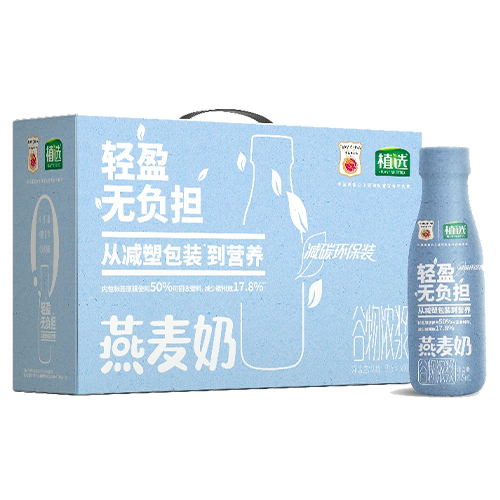
PETG is a more suitable material for food and beverage labelling than traditional PVC material. In 2023, Yili has completed the application of PETG labelling for three sub-brands and nine categories of products.
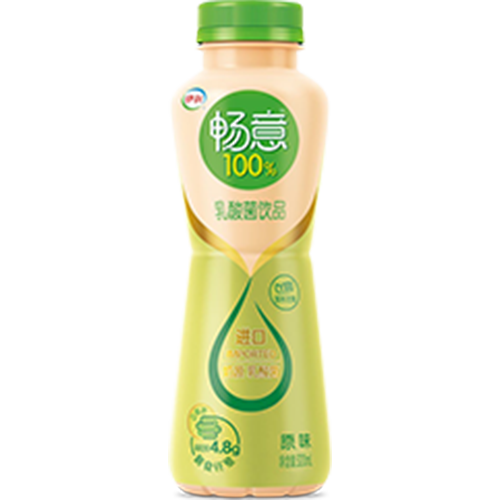
As a national brand trusted by consumers, Yili has identified that our product packaging is still made from plastic, paper, metal, and other materials. These materials are not readily recycled or reused, and are more likely to be disposed of through landfill and incineration, which could have an adverse impact on the environment. Thus, we have the responsibility to reduce our packaging and use more environmentally friendly materials. At the same time, we also have the responsibility to encourage our customers to live in a more sustainable manner.
Yili's premium milk brand, Satine, launched the 'Empty Package Recycling Campaign' in collaboration with WWF and CAINIAO on World Earth Day 2023. This public campaign is open to consumers nation wide. The empty milk cartons collected in the project were reused to make artificial nests for the scaly-sided mergansers, an endangered wetland species. A total of over 100,000 cartons and bottles were collected to create 55 nests, providing the endangered scaly-sided mergansers with 'homes'. Moreover, the campaign introduced the 'Satine Grassland Carbon Neutral Limited Edition,' which promotes biodiversity conservation and enhances communication with our customers.
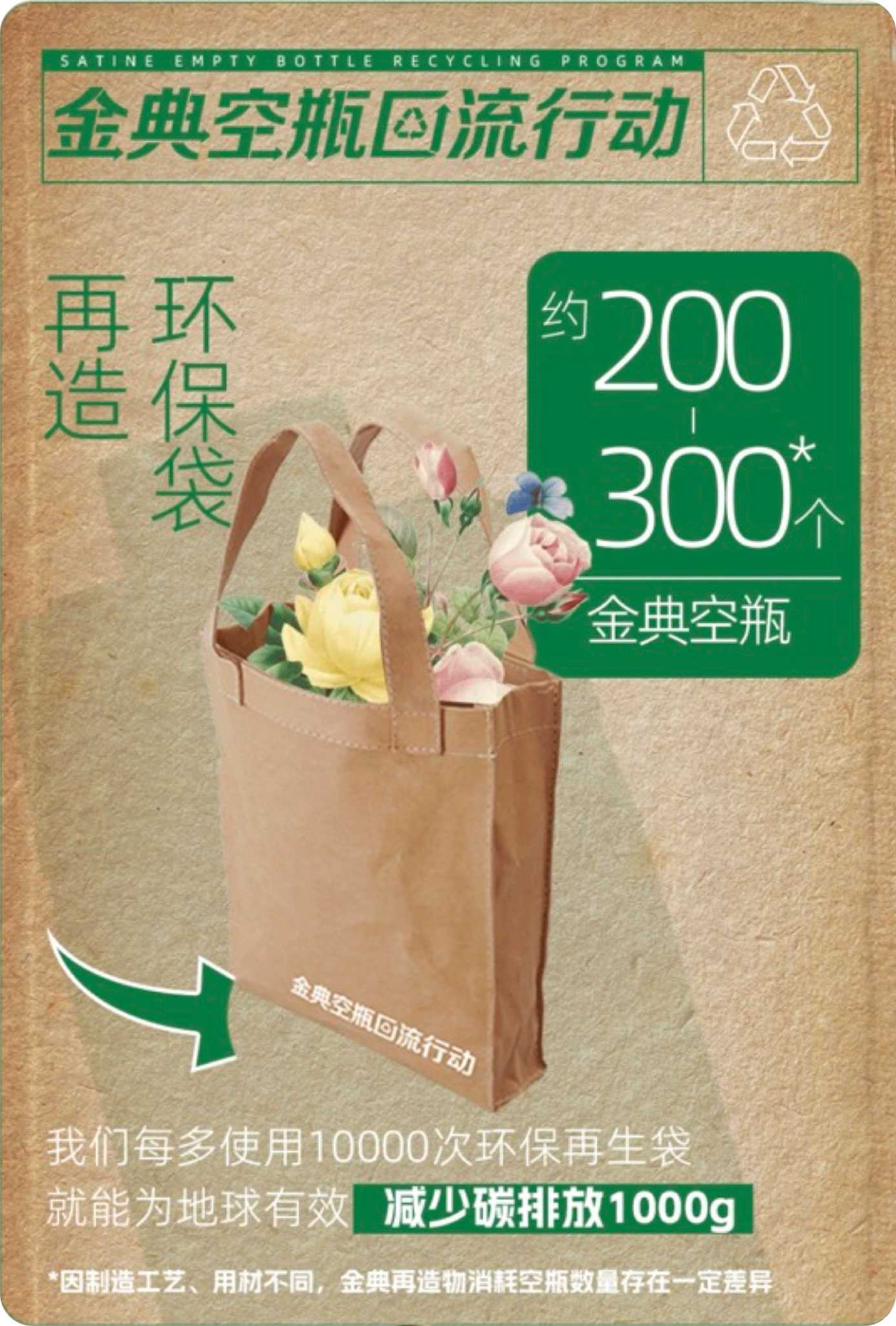
On World Earth Day 2022, Yili, in collaboration with Discovery Channel and Tencent Music, launched the "Box Partners" public service campaign. The campaign aims to raise awareness about the importance of recycling milk cartons and encourage customers to take action to protect the environment. In order to demonstrate the positive impact of recycling milk carton, the campaign created a virtual ecological world inside a milk carton, where the public can explore and implement a series of "carbon reduction" activities. By completing a series of carbon reduction tasks, participants will eventually become our "Box Partners" and receive exclusive rewards. The campaign reached over 460,000 users via various media. And over 1,000 users participated in the campaign.
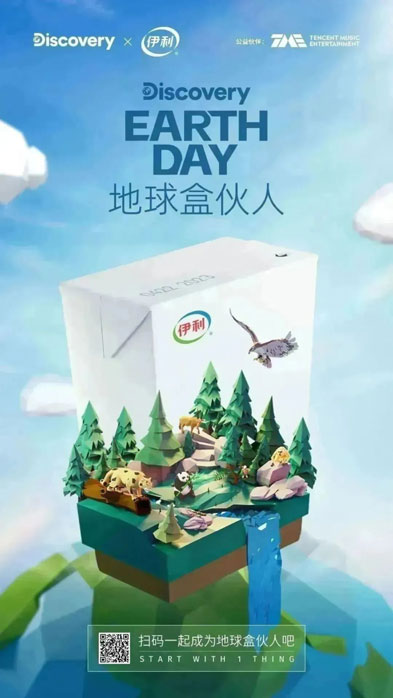
Our People & Community
>Our Business
>